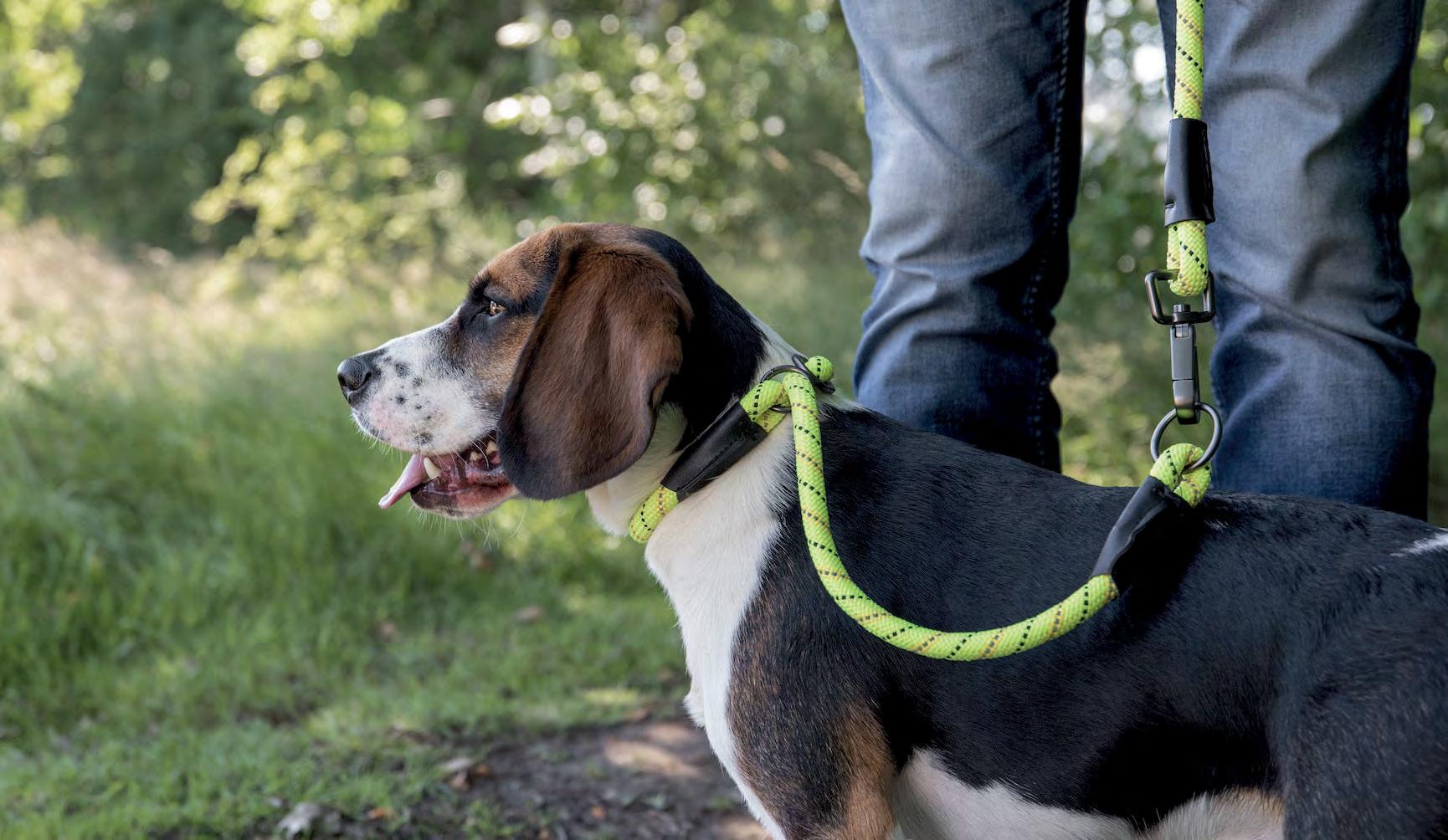
2 minute read
THE FUN BEGINS
HELP YOUR NEW PUPPY, KITTEN OR BUNNY GET THE BEST POSSIBLE START IN LIFE WITH OUR EXPERT ADVICE
Welcoming a new pet into your family is joyful, but there’s a lot more to it than just bringing them home and admiring their cuteness! Here’s how to get started.

General tips
Pet proof Set up a safe space. RSPCA senior scientific officer Sarah Zito says, “Many companion animals love to chew, and can put themselves at risk of injury or illness by chewing items like soft plastics, power cords and toxic plants.” First meeting “Ideally, bring your pet home when you’ll be there for at least a few days,” says Sarah. “Introduce them carefully and gradually to the family, but don’t overwhelm them with loud noise and activities. Give them space and privacy if they seem stressed or overwhelmed.”
What’s up, doc? Line up a vet visit ASAP. Not just for vaccinations –your vet is an invaluable source of information on caring for your pet.
Puppy power
Play dates Dogs need controlled socialisation at any early age.
“Between three and 14 weeks of age is what’s called the ‘critical socialisation period’,” says Sarah. She suggests exposing them to as many sights, sounds, smells, people and other animals as possible, and rewarding them when they respond positively. Note: Puppies can’t be exposed to unvaccinated animals, or places unvaxxed animals might have been, until they’ve had all their routine shots. Walkies Take time to get them used to the collar or harness and lead, on slow, short walks only. Puppies may seem like they have boundless energy, but they tire quickly, and overexercising can affect bone and muscle development.
Hello, kitty
Toy story Encourage natural kitten behaviours like playing, climbing and scratching. Provide cat toys plus a cat tower (a scratching post, climbing levels and hideaway combo).
Safe space For a well-adjusted cat, minimise fear and give them areas to retreat and feel secure enough to sleep. Full house If you have more than one cat, Sarah advises providing separate food, water, sleep zones, toileting and play areas and toys. “This gives each cat free access to the resources they need, with less chance of competition or tension between them,” she says.
Good Rabbit Habits
Matching pair Sarah explains, “Rabbits are a social species and should be kept with at least one other compatible rabbit.” You must have them desexed so they don’t multiply, she adds. Free range “A hutch should only be a temporary enclosure and safe place to sleep,” says Sarah. Link it to a secure run to let your bunnies exercise freely for a few hours a day.
Balanced diet Rabbits are grazers. Give them a constant supply of grass or grass hay, rabbit-safe fruit and veg, and a few rabbit pellets.
RIGHT Pinnacle ‘The Loft’ 1000mm x 1000mm x 960mm animal enclosure, $239, I/N: 0036510‡. Some products are not available at all Bunnings stores, but may be ordered.


Words Shelley Tustin. Photography Getty Images.










